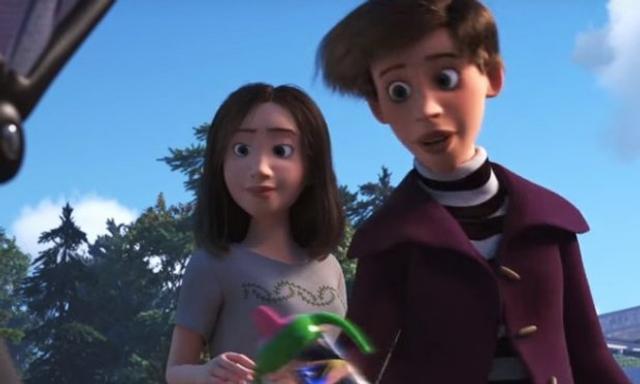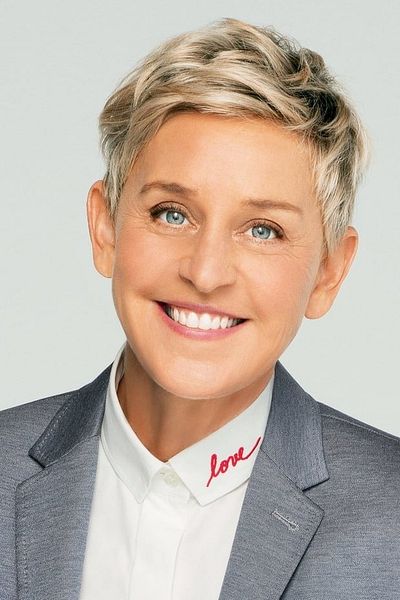This might require a bit of a setup, so bare with us.
You'll recall in the most recent trailer for Finding Dory that it featured a blink-and-you'll-miss-it scene with two women pushing a pram that gets bumped into by Ed O'Neill's octopus character. The Internet, of course, excitedly jumped all over the prospect of Disney introducing the first on-screen lesbian couple in a mainstream animated film.
Sadly, if reports from early screenings are to be believed, that's not the case. Although they do feature in the film, it's never explicitly mentioned that they're a lesbian couple - which, of course, leaves it open to everyone's rampant interpretation on the subject. What is interesting, however, is how the subject snowballed so quickly and what it says about LGBT representation - or lack thereof - in mainstream cinema.
GLAAD, the Gay-Lesbian Alliance Against Defamation, reported that only twenty-two films out of 126 films featured characters that openly identified themselves as LGBT. Not only that, characters who are historically LGBT - Deadpool, being one such character - have either been retconned or had their sexuality dismissed from the story.
Actors themselves have discussed the lack of LGBT diversity, with Mark Hamill speaking openly about the possibility of Luke Skywalker identifying as bisexual. Andrew Garfield, meanwhile, talked openly about Spider-Man possibly being gay, however Sony reportedly nipped the idea in the bud fairly quick. Bryan Singer's X-Men franchise has been the only major mainstream franchise that's tried to take on LGBT, with X-Men 2 featuring a scene where Iceman has to "come out" to his parents about being a mutant.
For the studios, it's about the money. There's the very real financial responsibility that studios have to investors. With the growing importance of the Chinese and international box-office, it's hard to feature LGBT characters in such films because the countries in which they play are intolerant to homosexuality. That, in turn, means that box-office returns are diminished. Hence, studios are less likely to feature openly LGBT characters.
It's a sad fact, but there has to be wider changes in society before it's reflected on our cinema screens.
Via Variety


















































































